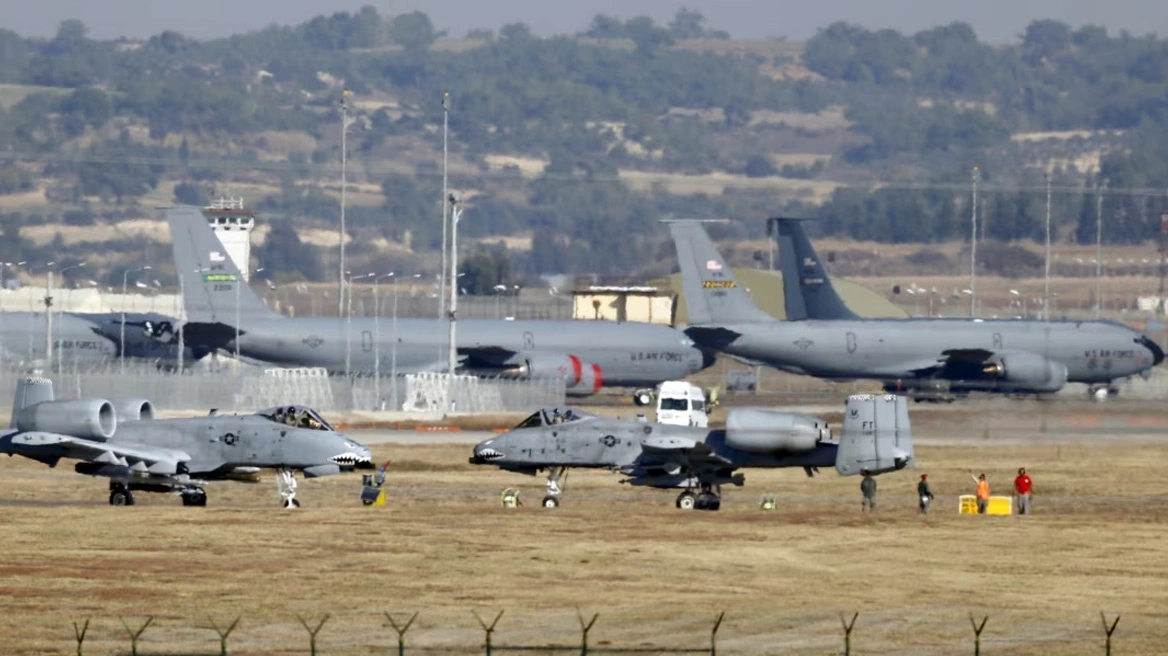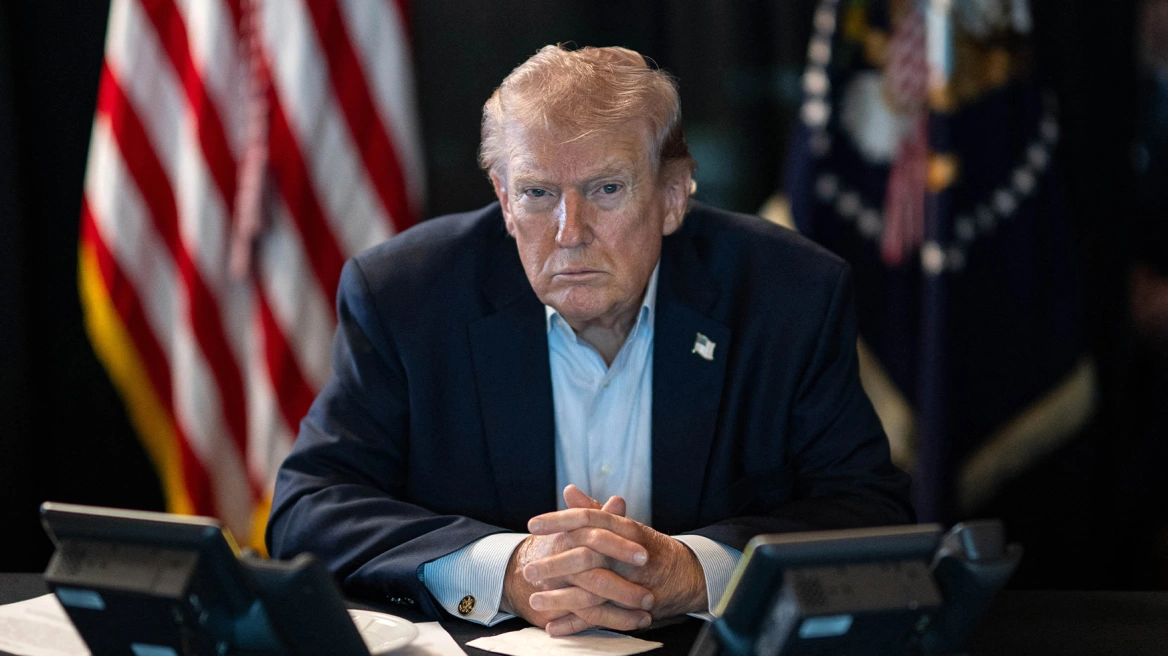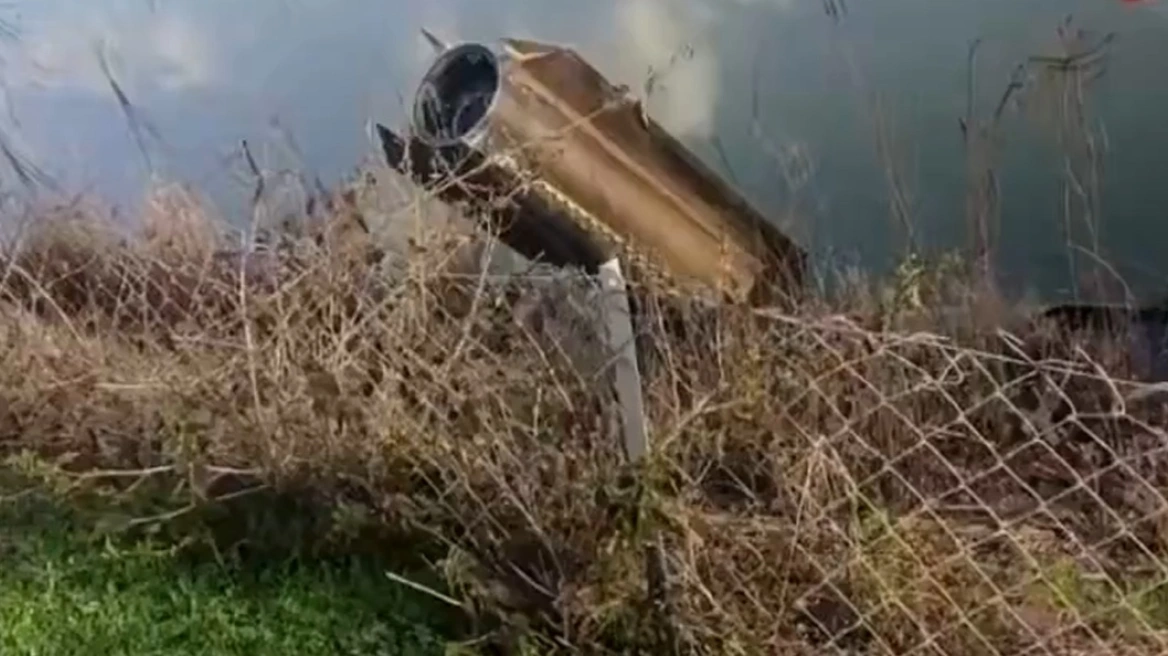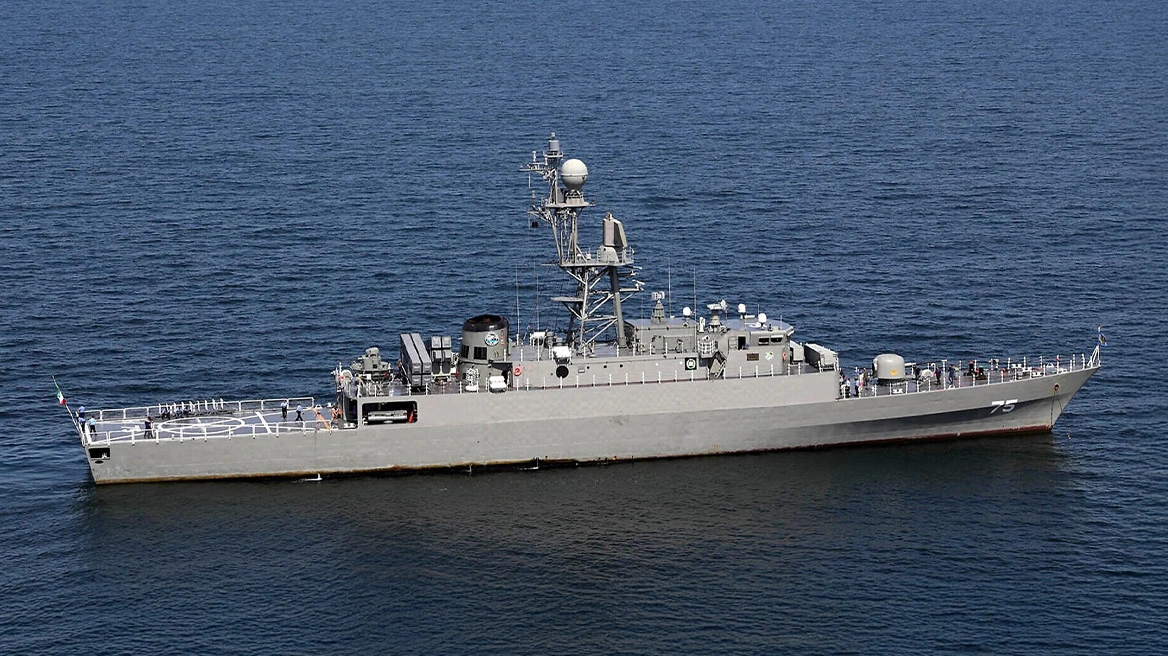Earlier this month, the Biden administration lifted the three-and-a-half-decade-old ban on the sale of U.S. arms to the Republic of Cyprus. With the ban in place, America had tied one arm behind its back in the Eastern Mediterranean. The United States already arms Israel and Greece but, until now, had not extended a similar hand to Cyprus, a critical partner in deterring Russian and Turkish aggression.
The increasingly contested region hosts massive offshore energy discoveries and sits at the intersection of the chaotic European, Middle Eastern and African theaters. With the Biden administration making the important decision to remove the arms ban for one year, Washington can bolster this vital region’s stability by providing the Republic of Cyprus with much-needed American-made arms.
Congress restricted the sale of U.S. arms to Cyprus in 1987, hoping it would incentivize a diplomatic settlement to the island’s frozen conflict. Yet, Cyprus remains divided still. All that the arms ban accomplished was to push the Republic of Cyprus toward Russia while undermining its ability to promote stability in the Eastern Mediterranean. Last year, President Biden renewed a one-year limited waiver that President Trump first issued to allow the sale of non-lethal defense articles to Cyprus, a recognition both of Cyprus’s importance and the arms ban’s deleteriousness to U.S. interests.
Hellenic Navy reveals the names of its FDI HN frigates
As the region becomes increasingly contested because of offshore natural gas discoveries and as an epicenter of global strategic competition, Cyprus is an important U.S. partner against Russia’s growing aggression and Turkey’s unreliable foreign policy. With America’s European partners looking to decrease their reliance on Russian energy, the development of natural gas routes through the Mediterranean is increasingly important.
However, Turkish belligerency hinders the growth of commercial and energy projects in the region. In June, Cyprus lodged a complaint at the United Nations that Turkey was attempting to take full control of Northern Cyprus. Tensions between Athens and Ankara have escalated in recent weeks with both sides accusing each other of violating their airspace and Turkish President Recep Tayyip Erdogan issuing not-so-veiled threats to attack Greece.
Read more: The Hill
Ask me anything
Explore related questions





